Still Important
With the increased access to knowledge and information in the past few decades, we now know much more about diseases than ever before. We know to wash our hands often, never eat expired or improperly handled food, and recently, as a result of the pandemic, how to social distance, wear masks, and get vaccinated.
Communicable diseases are contagious and dangerous, but we’re learning how to prevent them. Even then, we sometimes forget about other extremely dangerous diseases that seem to creep in out of nowhere. Some of these are hard to avoid. Some are more easily avoidable. Noncommunicable diseases are often a tough subject to understand. These are ones that can’t be spread from one organism to another. Diabetes, one of the well known top noncommunicable diseases, is rapidly rising in numbers.
Along with being informed about communicable diseases, we need to work on getting more informed on noncommunicable diseases such as diabetes. Why? Well, it can apply to our daily lives. Your friend, classmate, family member, or even you yourself could have or get diabetes. That’s why it’s important to understand how to help them (or yourself) remain healthy. Even if you don’t have diabetes, it’s important to remain informed so you can prevent it.
iUP’s Take
iUniversity Prep Owls and staff have also been affected by this disease. My dad has Type 2 diabetes, so I have personally seen what it is like to live with diabetes and manage it. Several other iUP students have also had similar experiences.
A student at iUP says her dad’s side of the family was largely affected by diabetes. “Most of my dad’s side of the family- including me and my siblings, are all now really cautious of what we eat. While those with diabetes have to control it, the rest of us try to prevent ourselves from getting it.”
An iUniversity Prep teacher has a friend who has diabetes and “has to take shots often for diabetes and he says that it can be inconvenient and frustrating”.
A student’s “uncle has a pump and it is painful to remove and insert”.
Seventh grader Valentina Carmona says her friend has diabetes and it affects her friend’s life as it “interrupts us whether she is dancing, singing, or acting in class”.
While diabetes can be frustrating due to its requirement of constant observation, shots, and several different forms of monitoring, a possibility of a cure excites some iUP students and staff. “It would be amazing to create a cure for it. It would help many people.” said one student. Another student said “I think a cure would be great for people whose lives are impacted heavily by diabetes”.
Eleventh grader Josiah Story analyzes this possibility and states, “Curing Diabetes is an interesting question, as the stem of diabetes is all in a slightly faulty Pancreas, so curing it would either involve transplants or somehow fixing the Pancreas, which is not an easy thing to do”.
One student offers some of her ideas, saying “Maybe some type of pill that regulates insulin levels? Or more regulation on what goes into processed foods?”
Overall, many iUP students have their viewpoints on diabetes and all it entails, but…what exactly is diabetes?
What is Diabetes?
We’ve talked about diabetes and why it’s important to remain informed about it, but what IS diabetes? Diabetes is a disease known by the National Institute of Health as “a disease that occurs when your blood glucose, also called blood sugar, is too high.” (What Is Diabetes, 2023)
But simply eating too many sweets isn’t the main culprit of diabetes. In fact, diabetes is a broad term that covers two different types of diabetes.
“Eating too many sweets” to the point where the body can’t handle it and starts misusing insulin or not making enough is called Type 2 diabetes. (Julson, 2018) Obviously, this isn’t the only factor that causes it. Type 2 diabetes is also developed through many other risk factors such as being overweight or obese. (What Is Diabetes, 2023)
Type 1 diabetes, on the other hand, is typically inherited or there by birth. It is when the immune system begins to attack the cells in the pancreas that make insulin for your body. So, since their body makes little to no insulin, most patients need to take insulin daily. (What Is Diabetes, 2023)
Is it Cured?
Type 2 diabetes definitely hasn’t been cured yet, but it can be reversed to the point where its effects are reduced. Type 1 diabetes shows promise since it is where the immune system is attacking the cells, so there could be future treatments to aid in the cure for the disease. (Cona, 2023) While no one can tell what lies in the future of medicine for this disease, we do know that scientists are working on it.
How to Prevent it?
Diabetes might not be cured just yet, but that doesn’t mean you can’t avoid getting it! If you implement lifestyle changes, you could prevent or even reverse diabetes! But, what lifestyle changes should be made?
– Regular exercise
Obesity and a stationary lifestyle can lead to diabetes…so let’s get up and move it, move it! (I had to include that reference) Okay, in all seriousness, as online school students it can be extremely hard to avoid that stationary lifestyle and exercise. But, it’s super important to overcome that obstacle and mindfully get our bodies moving! This way, we can remain healthy and prevent diabetes from even laying a finger.
– Balanced diet
A balanced diet is just as important as regular exercise. Eating unhealthy can also lead to obesity, and as we said before, eating too much sugar can in fact lead to a type of diabetes! So, eating a balanced diet and making sure our bodies are healthy from all aspects is one step closer to a healthier version of you and one step further from diabetes!
What’s the Takeaway?
Diabetes is a disease that causes the body to not use or produce insulin properly. While it may seem scary at first, diabetes is manageable and is actually quite more common than you think. It is important to be informed of noncommunicable diseases such as diabetes as much as it is important to be informed of communicable diseases such as COVID-19. iUniversity Prep students also encounter or are aware of this disease in their daily lives, and they are owlsome for supporting their loved ones and taking care of themselves as well!
Sources used:
Cona, MD, Louis A. “Type 1 Diabetes Cure: Current Research & Limitations (2023).” Www.dvcstem.com, 11 June 2024, www.dvcstem.com/post/type-1-diabetes-cure.
Julson, Erica. “Does Sugar Cause Diabetes? Fact vs Fiction.” Healthline, Healthline Media, 18 Sept. 2018, www.healthline.com/nutrition/does-sugar-cause-diabetes.
National Institute of Diabetes and Digestive and Kidney Diseases. “What Is Diabetes?” National Institute of Diabetes and Digestive and Kidney Diseases, Apr. 2023, www.niddk.nih.gov/health-information/diabetes/overview/what-is-diabetes.


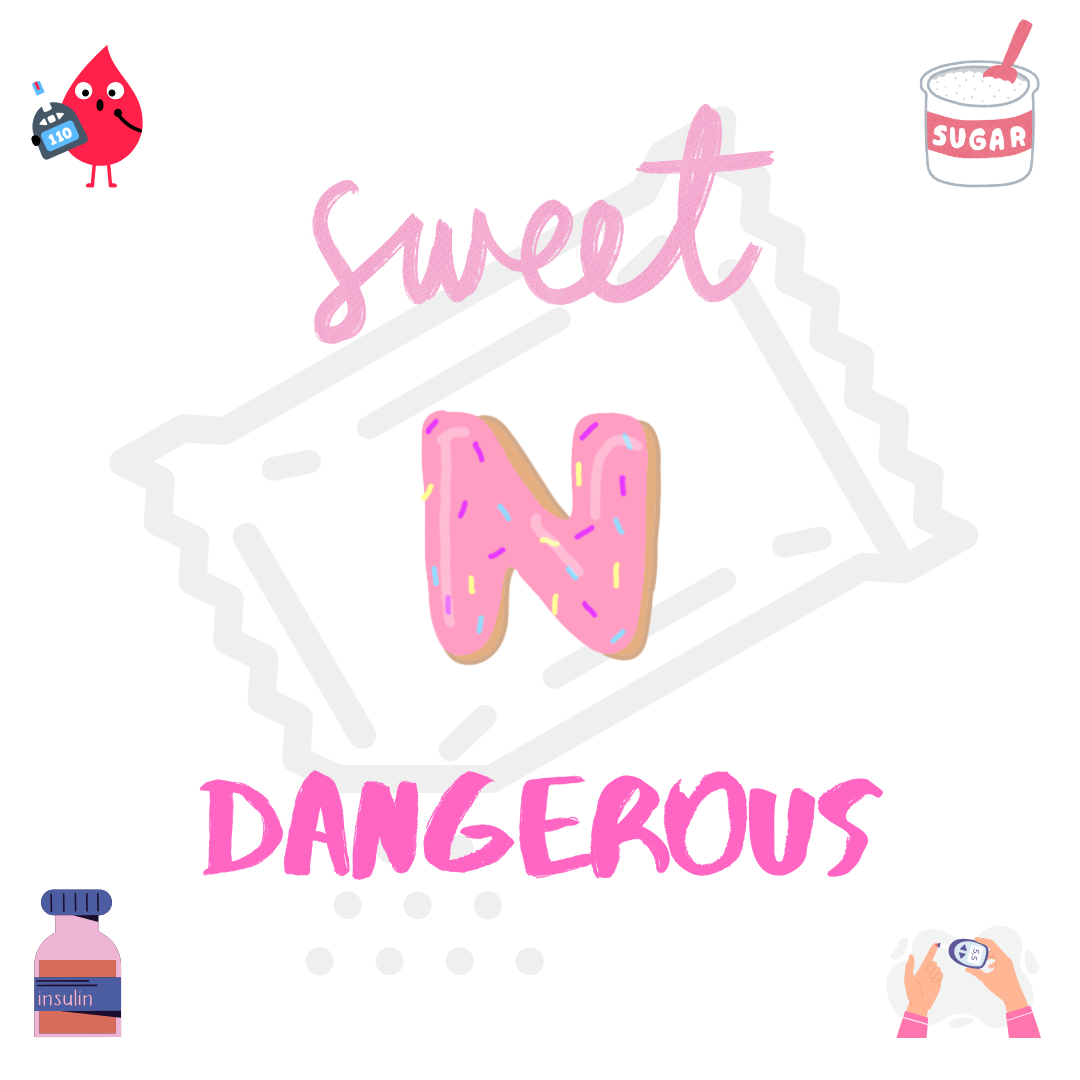
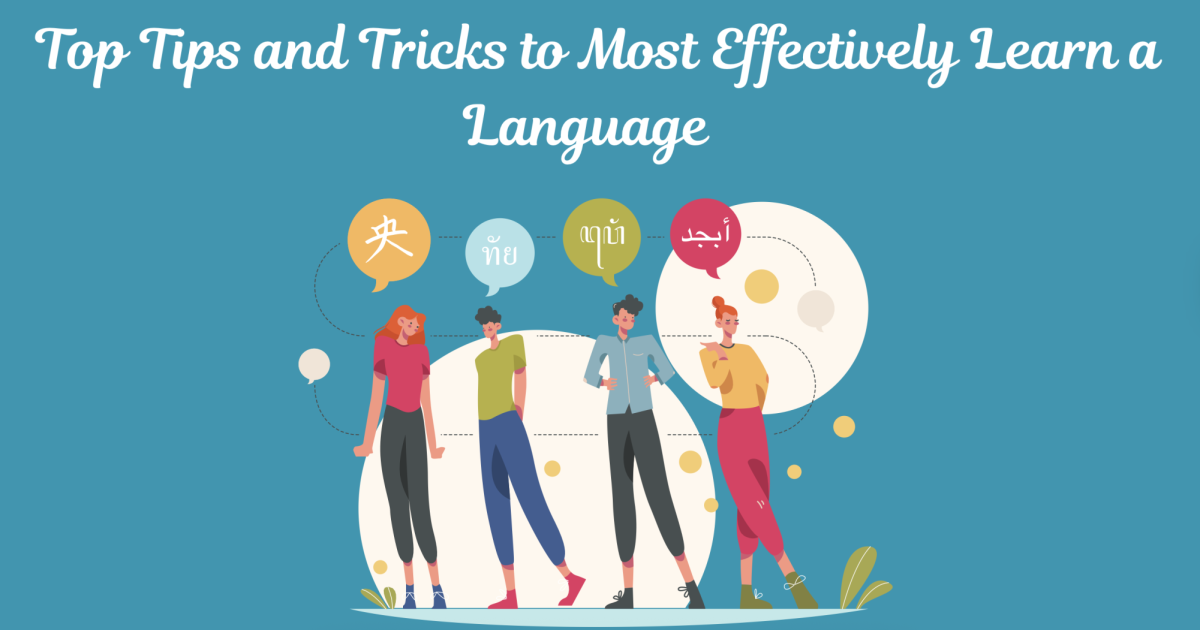
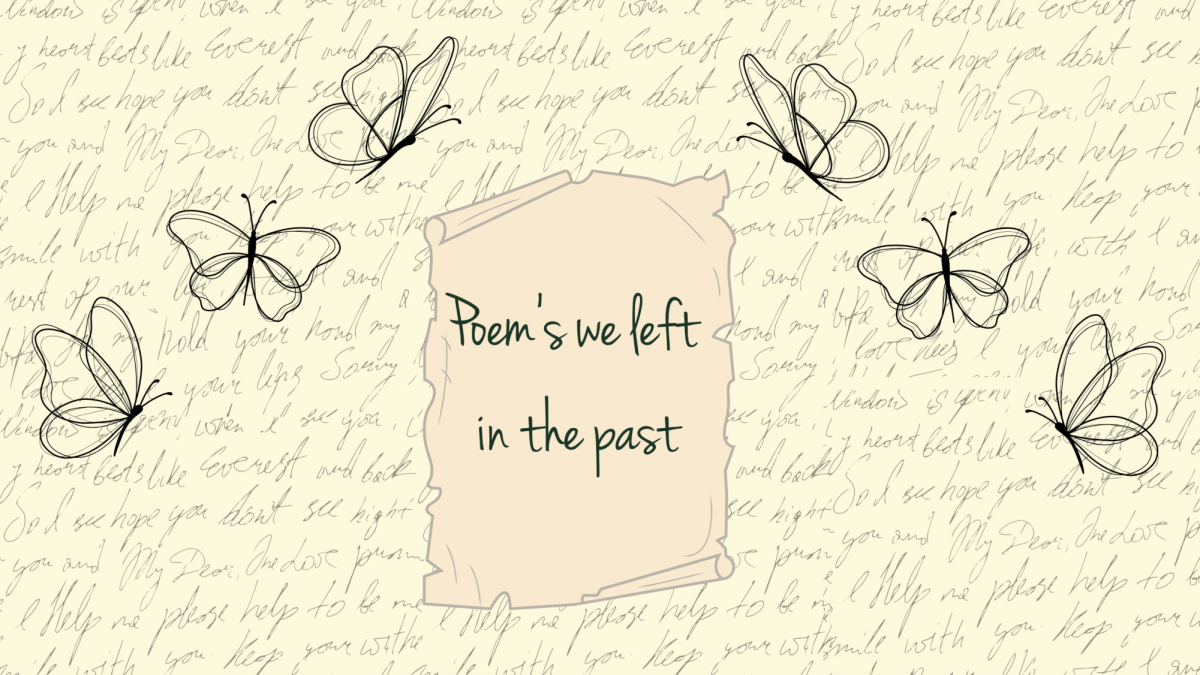
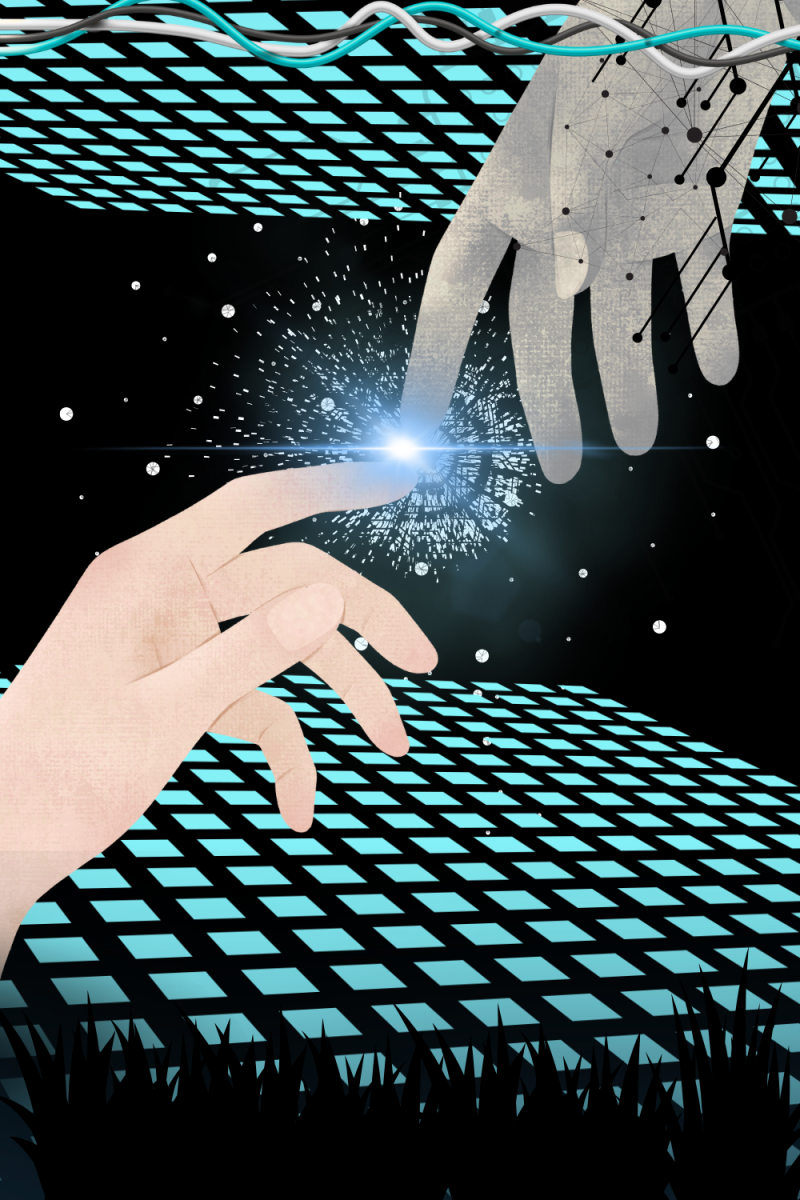


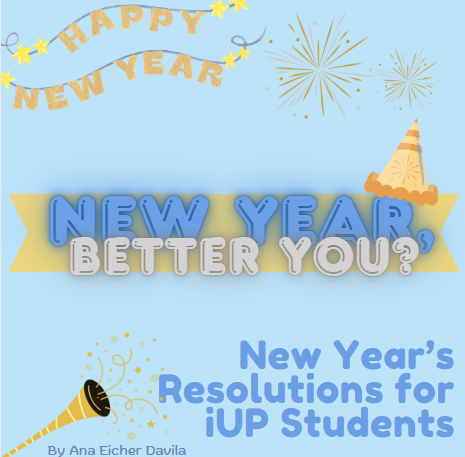

Ana • Nov 1, 2024 at 2:28 pm
Interesting! Great job, Avika!
Avika Taneja • Nov 15, 2024 at 9:59 am
Thank you! I loved your response. It was very helpful!